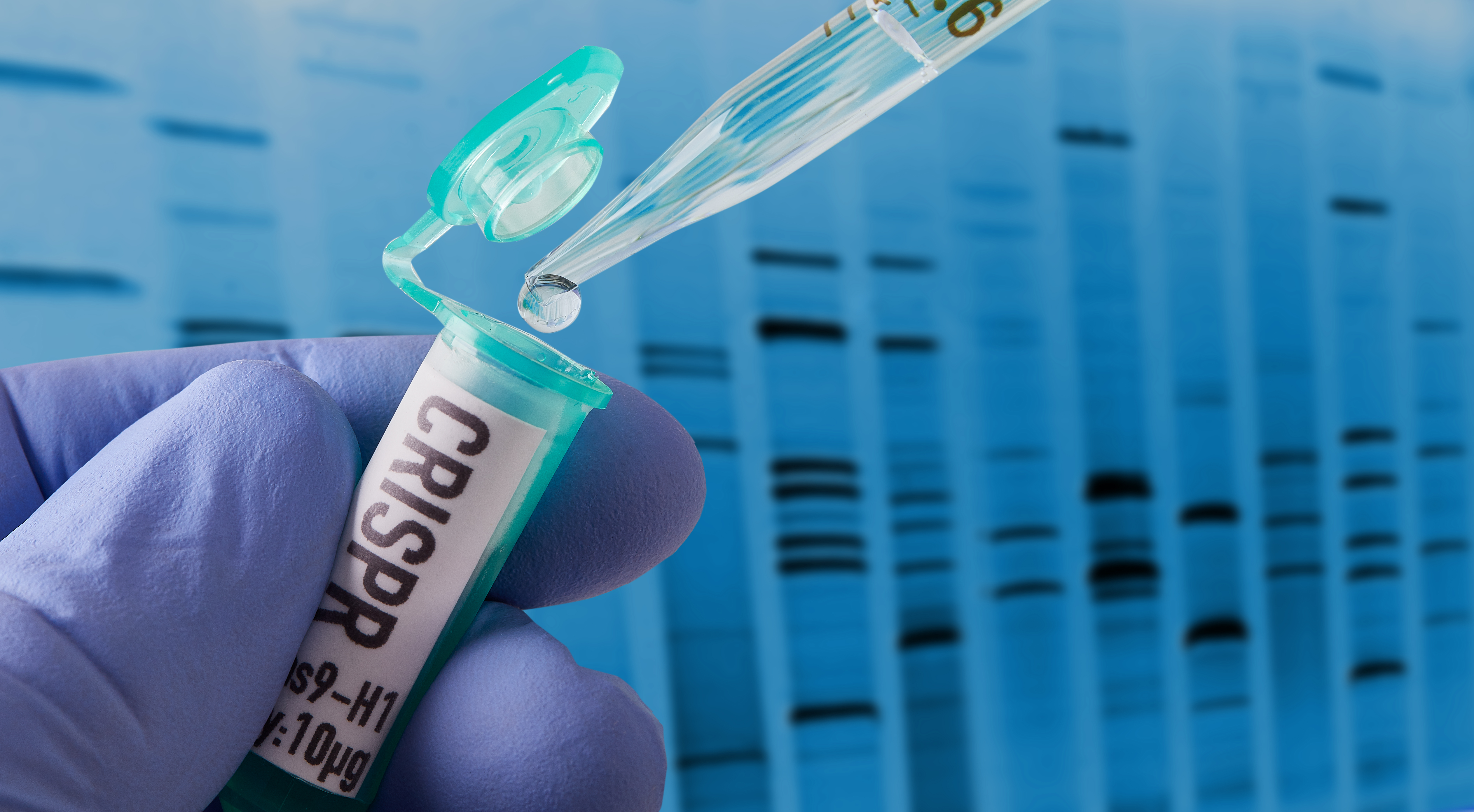‘Enhancing’ future generations with CRISPR is a road to a ‘new eugenics,’ says ethicist Rosemarie Garland-Thomson
By Rosemarie Garland-Thomson,
Live Science
| 08. 26. 2024
The gene-editing tool CRISPR enabled a groundbreaking new treatment for sickle-cell disease, and in the future, scientists anticipate that it could be used to tackle cancer, forms of inherited blindness, various superbug infections and even HIV. These uses of CRISPR are fairly uncontroversial — but in the background, ethicists worry that the tool could be used to edit away other, nonpathological features of humankind that are deemed "abnormal" or "unacceptable."
In the book excerpt below, Rosemarie Garland-Thomson, a bioethicist, author and thought leader in disability justice, discusses the danger of using CRISPR to enact what she calls "velvet eugenics." The passage is part of an essay featured in the new book "The Promise and Peril of CRISPR" (2024, Johns Hopkins University Press), edited by Dr. Neal Baer.
A New Eugenics
What does this meditation on eugenic science and its medical practice have to do with CRISPR, the newest and most promising tool in the suite of medical technology with which our fast-paced system of research, development, and commerce has presented us? Much of...
Related Articles
By Peter Wehling, Tino Plümecke, and Isabelle Bartram
| 03.26.2025
This article was originally published as “Soziogenomik und polygene Scores” in issue 272 (February 2025) of the German-language journal Gen-ethischer Informationsdienst (GID); translated by the authors.
In mid-November 2024, the British organization Hope not Hate published its investigative research ‘Inside the Eugenics Revival’. In addition to documentating an active international “race research” network, the investigation also brought to light the existence of a US start-up that offers eugenic embryo selection. Heliospect Genomics aims to enable wealthy couples to...
By Dalton Conley, The New York Times | 03.13.2025
Since Francis Galton coined the phrase “nature versus nurture” 150 years ago, the debate about what makes us who we are has dominated the human sciences.
Do genes determine our destiny, as the hereditarians would say? Or do we enter...
By Jamie Ducharme, TIME | 03.06.2025
After struggling for eight years to have a baby, Shannon Petersen and her husband decided to try in vitro fertilization (IVF) in 2022. Their fertility doctor recommended a test that sounded like exactly what they needed. It promised to help...
By Jason Wilson, The Guardian | 03.03.2025
A natalist conference featuring speakers including self-described eugenicists and promoters of race science, apparently including the man behind a previously pseudonymous race-science influencer account, and the founder of a startup offering IQ screening for IVF embryos, will be held at...




